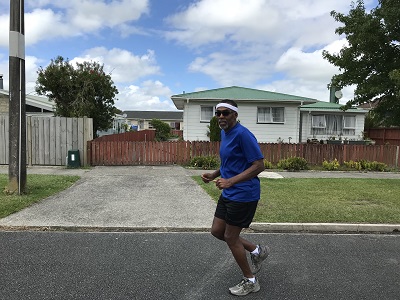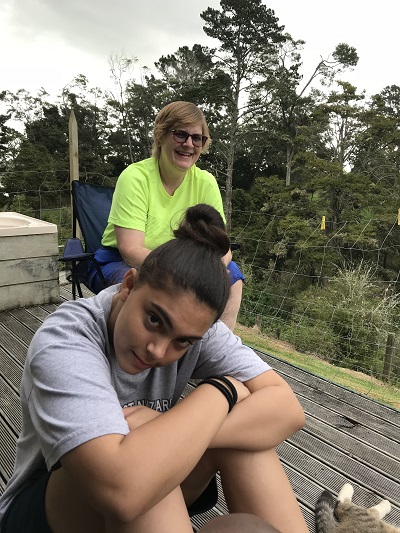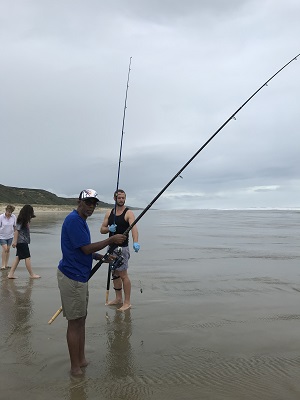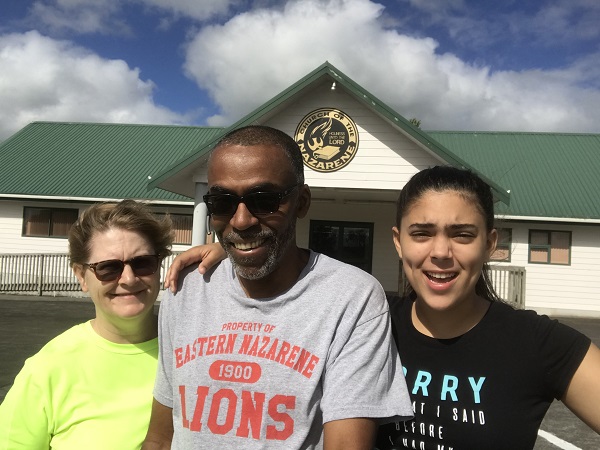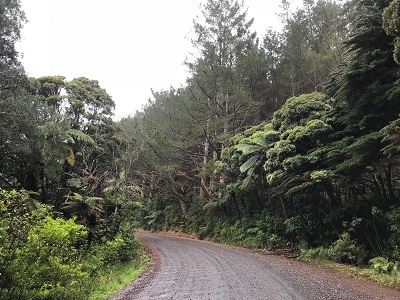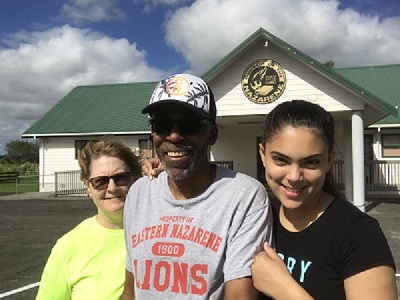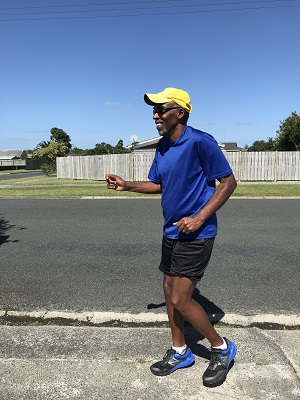 During the past few weeks of jogging here in New Zealand, I have become known as the guy who jogs with the blue shirt, black shorts, black and blue shoes and yellow cap. Yes, I jog with a cap because the risk of sunburn here is very high compared to other parts of the world. I jog three different routes; the route I take on a given day is determined by the distance of my run.
During the past few weeks of jogging here in New Zealand, I have become known as the guy who jogs with the blue shirt, black shorts, black and blue shoes and yellow cap. Yes, I jog with a cap because the risk of sunburn here is very high compared to other parts of the world. I jog three different routes; the route I take on a given day is determined by the distance of my run.
While jogging, I occasionally stop and talk with someone. I usually say my name, but not often do I get a name from them. We will converse about life in our different countries, and then it will eventually come down to talking about the weather. Many farmers and people who grew up on farms in the area live so naturally, the weather is an important topic!
I began thinking about how I am known in the community by those who see me jogging daily. I then wondered, how do people remember us after they have encountered us?



